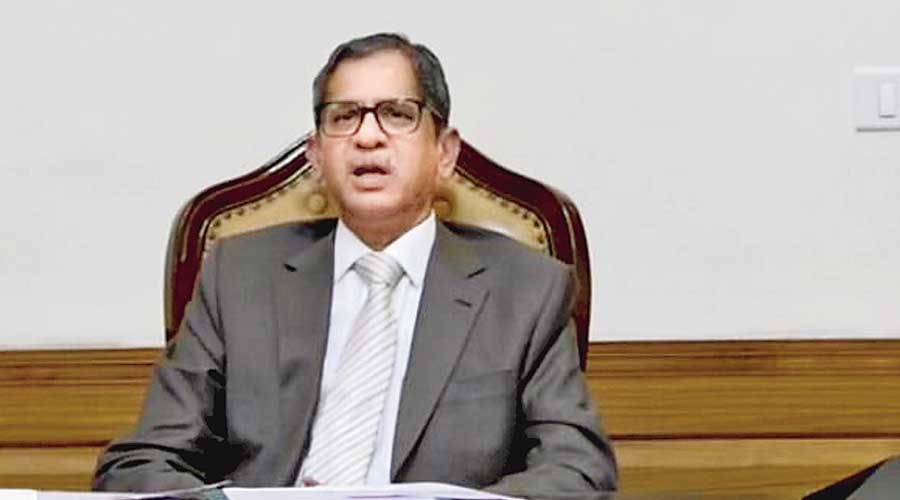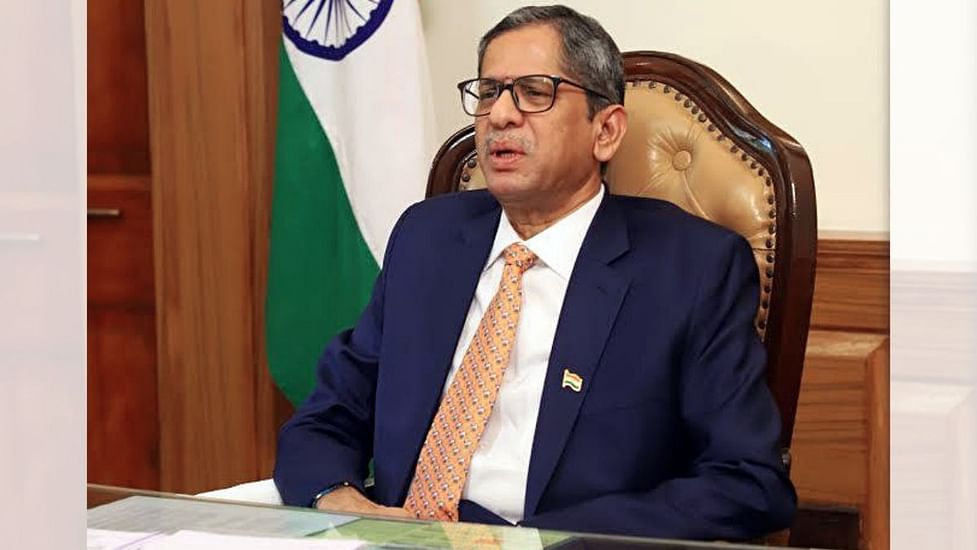Chief Justice Of India Ramana also told out that there has been an expansion in the number of physical aggression on judges and announced that non-filling up of judicial emptiness and not enhancing the infrastructure were the primary causes for the pendency of issues in the nation.
Chief Justice of India N V Ramana Saturday, while documenting problems confronting the present-day court, stated that several media societies in the country were operating “kangaroo courts… on problems actually encountered judges find hard to settle on”.
Addressing an occasion at the National University of Study & Research in Law in Ranchi, the CJI stated: “Ill-informed and agenda-driven debates on problems involving justice delivery are demonstrating to be dangerous to the healthiness of democracy. Personal thoughts living multiplied by media are concerning the people, weakening democracy, and breaking the system. In this method, justice delivery gets adversely influenced.”
He counted that the media was bringing democracy back by violating and breaching their duties. “Pattern media still has a specific degree of responsibility. Whereas electronic media has zero responsibility as what it offers vanishes into light years. Still more alarming is social media,” the CJI said.
“It is most suitable for the media to self-regulate and count their words. You should not exceed and request interference, either from the administration or from the courts. Judges may not respond instantly. Please don’t misunderstand it to be a defect or helplessness. When freedoms are exerted responsibly, within their fields, their choice is no need of setting appropriate or proportionate exterior limitations,” CJI Ramana said.
Emitting about the growth in physical aggression against judges, CJI Ramana maintained that while politicians, administrators, police administrators and other public spokespeople were usually supplied with security even after their retirement owing to the sharpness of their jobs, “ironically, judges are not developed equal security”.
“These day times, we are seeing an increasing number of physical aggression on judges…Judges have to live in the same residents as the people that they have been sentenced, without any guarantee or security of safeness,” the CJI expressed.
The CJI also told out that the biggest challenge before the present-day judiciary was “prioritising subjects for adjudication”. “The judges can’t ride a blind eye to the social facts. The judge has to give preference to pushing values to keep the system from avoidable disputes and disadvantages.”

